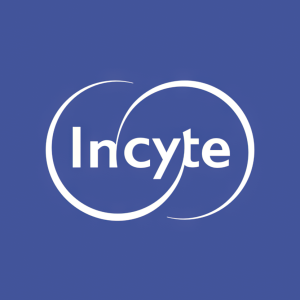INCY insider awards: 6,506 RSUs, 16,265 performance shares, 29,230 options explained
Rhea-AI Filing Summary
Incyte Corp granted long‑term equity awards to its Executive Vice President of Human Resources consisting of 6,506 restricted stock units that vest 25% annually, 16,265 performance shares, and 29,230 stock options
Positive
- Mix of award types (RSUs, performance shares, options) aligns executive pay with retention and multi‑year shareholder performance
- Performance shares tied to relative TSR align incentives with peer‑relative shareholder outcomes and can strengthen long‑term focus
- Vesting schedules (annual RSU vesting and multi‑year option schedule) support retention through continued service
Negative
- Potential dilution if performance shares are earned and options are exercised (total possible shares are material in aggregate)
- Options exercisable at $84.76 create upside transfer to holder if stock rises significantly, which could be dilutive to existing shareholders
Insights
TL;DR: Executive equity grants signal retention focus with modest near‑term dilution but tie pay to multi‑year performance.
The package combines time‑based RSUs, performance‑based shares tied to relative TSR, and long‑dated options, aligning compensation with shareholder returns and long‑term service. The option strike of $84.76 creates upside only if stock exceeds that level before expiration, while performance shares can deliver up to 2x per share if relative TSR targets are met. Aggregate share counts (6,506 RSUs, 16,265 performance shares potential, 29,230 options) imply future dilution if fully settled or exercised, but typical vesting schedules and performance hurdles limit immediate share overhang. Overall, the grants are customary for senior HR leadership and primarily aim to retain and incentivize long‑term performance.
TL;DR: Grants follow common governance practices: mix of time, performance, and option awards with service‑based vesting.
The awards include clear service and performance conditions: RSUs vest 25% annually, performance shares depend on relative TSR over three years, and options vest in staged installments. Performance metrics tied to peer TSR align executive outcomes with shareholder value creation, which is governance‑positive when peer group and measurement details are disclosed elsewhere. The multi‑year vesting helps retention but increases potential dilution if performance hurdles are achieved and options are exercised. No governance red flags are evident from the disclosed terms alone.







